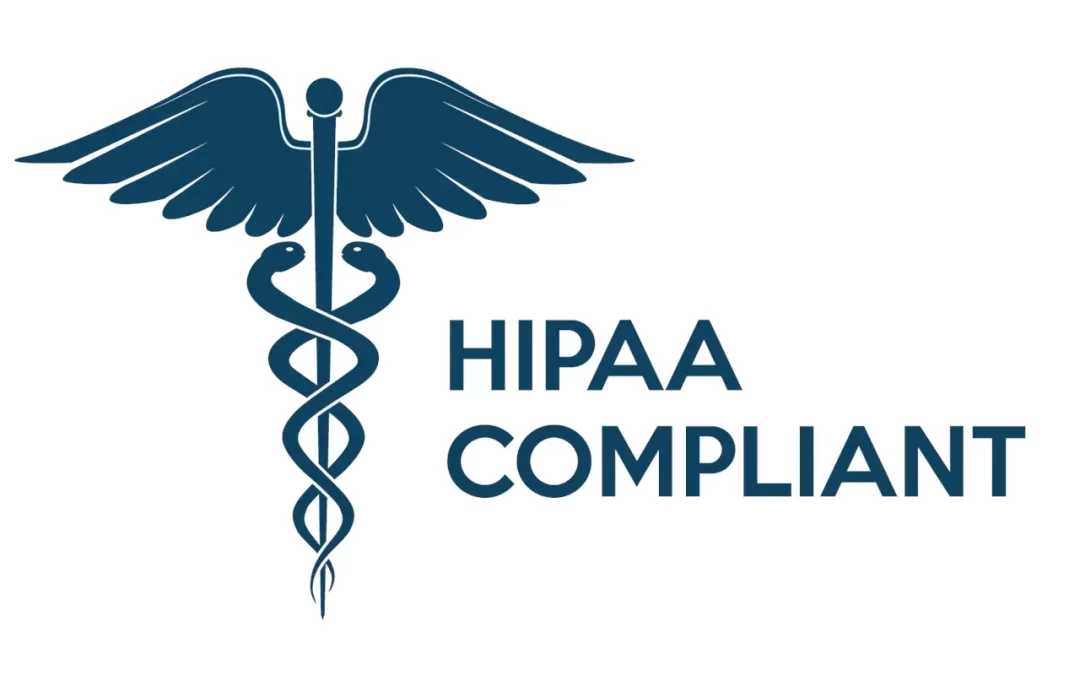Demystifying HIPAA Compliance : Ensuring Compliance in Healthcare
In the ever-evolving landscape of healthcare, protecting sensitive patient information is of paramount importance. The Health Insurance Portability and Accountability Act (HIPAA) sets the standard for safeguarding patient data and privacy. Achieving and maintaining HIPAA certification is a crucial step for healthcare organizations to demonstrate their commitment to compliance and the protection of sensitive information.
Understanding HIPAA:
HIPAA, enacted in 1996, aims to ensure the confidentiality, integrity, and availability of patients' protected health information(PHI). Covered entities, such as healthcare providers, health plans, and healthcare clearinghouses, must comply with HIPAA regulations to avoid severe penalties and legal consequences.
HIPAA Certification Explained:
It’s essential to clarify that there is no official “HIPAA certification” issued by a governing body. Instead, compliance with HIPAA is an ongoing process that involves implementing policies, procedures, and safeguards to protect PHI. Organizations must conduct regular risk assessments, train employees, and establish secure systems to manage and transmit patient information.
Key Components of HIPAA Compliance:
1. Administrative Safeguards:
- Develop and implement policies and procedures.
- Designate a Privacy Officer and a Security Officer.
- Conduct regular employee training on HIPAA regulations.
- Establish a system for managing security incidents.
2. Physical Safeguards:
- Control physical access to facilities containing PHI.
- Ensure proper workstation use and security.
- Implement policies regarding the transfer, removal, disposal, and re-use of electronic media.
3. Technical Safeguards:
- Use access controls to limit who can access patient information.
- Implement encryption and decryption mechanisms to protect data.
- Regularly audit systems to detect and respond to security incidents.
4. Breach Notification:
- Develop and implement procedures for notifying affected individuals and the Department of Health and Human Services (HHS) in the event of a data breach.
5. Business Associate Agreements:
- Establish agreements with business associates who may have access to PHI, ensuring they also comply with HIPAA regulations.
Benefits of HIPAA Compliance:
1. Legal Protection:
- Compliance helps organizations avoid legal consequences, including hefty fines and potential criminal charges.
2. Patient Trust:
- Demonstrating commitment to HIPAA compliance builds trust with patients, assuring them that their sensitive information is in safe hands.
3. Reputation Management:
- Protecting patient privacy enhances an organization’s reputation and establishes it as a trustworthy healthcare provider.
4. Avoiding Data Breaches:
- Implementing robust security measures reduces the risk of data breaches, safeguarding both patient information and the organization’s reputation.
The Continuous Journey of Compliance
HIPAA compliance is not a one-time achievement but an ongoing commitment to protecting patient information. Regular updates, staff training, and staying abreast of changes to regulations are
essential for maintaining compliance in the dynamic healthcare environment.
In conclusion, while there is no official HIPAA certification, the journey to HIPAA compliance is a critical aspect of providing quality healthcare services. By investing in the protection of patient data, healthcare organizations can not only meet legal requirements but also build trust with patients in an increasingly digital and interconnected world.

